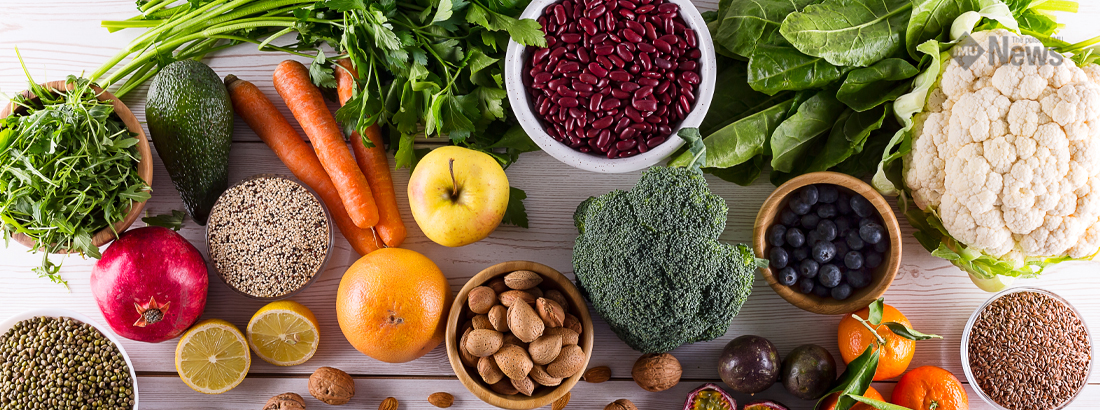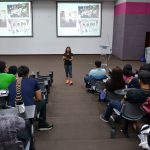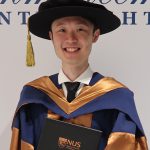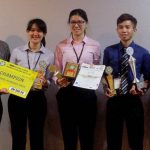Nowadays, the job scope of a nutritionist and dietitian extends beyond providing diet consultation, doing meal planning, and participating in meal preparation. A key job responsibility is working behind the scenes in the food service operation and management, traditionally known as catering services. At IMU’s Dietetics with Nutrition, and Nutrition programmes, the food service management module aims to provide our students with core principles of food service that can prepare them to be work-ready at hospitals, and schools besides cultivating entrepreneurship as a skill to start their own business in the food and beverage industry.
In the theoretical lessons, students learnt various aspects of the management of a food operation service, including menu planning, accounting, and operational processes involved. Students then get hands-on experience in the practical lab sessions which further enrich their learning experiences. Apart from enhancing the student’s knowledge of food-service management, what’s more, this participation gives an opportunity for the students to dive into the nutrition and dietetics branches and understand every aspect from all angles.
“The module has provided us with an invaluable opportunity to be able to be creative in exploring and modifying different menu items. In addition, it has also given us a glimpse into the foodservice industry from a student point of view,” said students, Charmaine and Li Ling.
It is indeed the mission of IMU to equip the students with compatible technical and soft skills to become competent dietitians or nutritionists through experiential learning and in par with current trend of digital marketing.
As a part of the saying from Xun Kuang, “Knowing it is not as good as putting it into practice”, hence such hands-on experiences in the IMU Nutrition & Dietetics practical lab are definitely crucial as part of learning, especially in Covid-19 pandemic’s transition to endemic where students can step into the labs after two-years of online learning.
In order to fulfill face-to-face practical sessions or group teaching for the students during the pandemic, the University strives to implement and practice strict SOPs to ensure the students are learning in a safe environment.
Such learning activities have helped the undergraduate students to gain in-depth understanding from the farm to the table concept, as well as to have a holistic view from planning to execution in the food-service area. Modules such as Principles of Food Preparation and Food Safety and Regulations in the previous semesters laid a solid foundation to the students.
The students were willing to learn and were not hesitant to ask and were open to feedback and criticism to improve their skills in planning the menu and executing the healthy lunch sale.
| Reflection from students: |
|---|
| Throughout this project, challenges were inevitable. “It was a nerve-wracking time, but at the same time, the experiences turned out to be really interesting”. The major challenges faced were adhering to the healthy dietary guidelines, and controlling food prices, followed by time constraint. It was not easy to choose affordable, flavourful, and tasty ingredients as expensive food might affect the preferences of the customers. We overcame the issues through perseverance, dynamic teamwork, and tireless guidance from the faculty members (Dr Yang Wai Yew, Dr Kanimolli Arasu, Dr Ng Ai Kah and Pn Mary Easaw) and the Chef involved. With this module, we realised that theory is never the key to a successful food service operation, the main key to a successful one nowadays is the creativity of the operators and, taking into consideration the trend and customers’ perspectives. In a nutshell, this experience was remarkable! Moreover, it has inspired us, future dietitians and nutritionists, to further foster food trends which are healthy, sustainable, and affordable for the public. |













